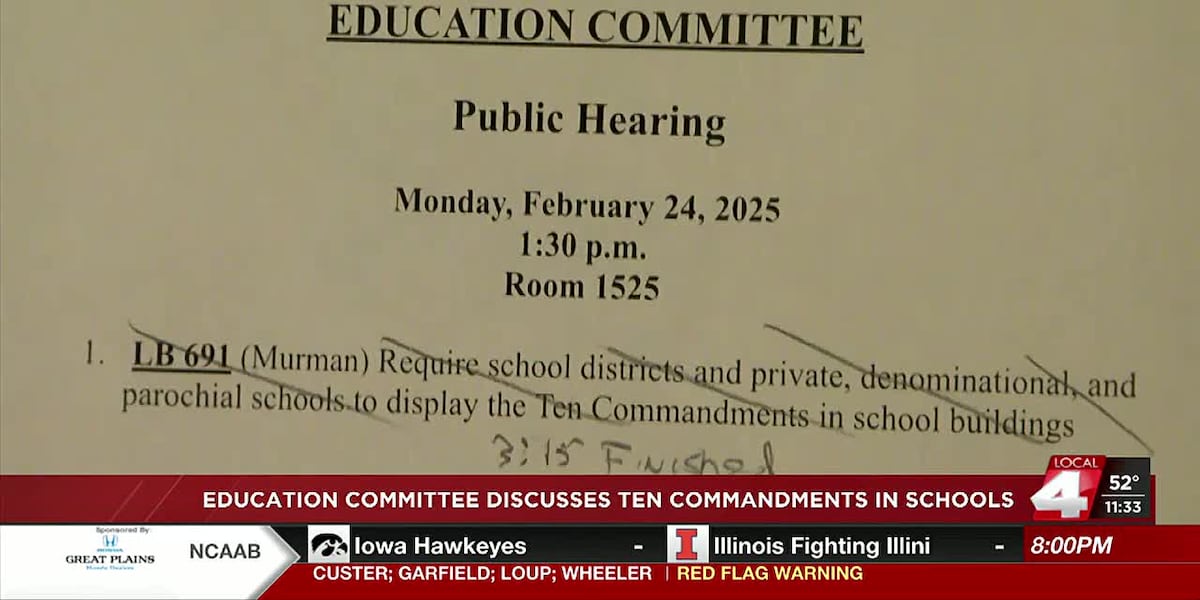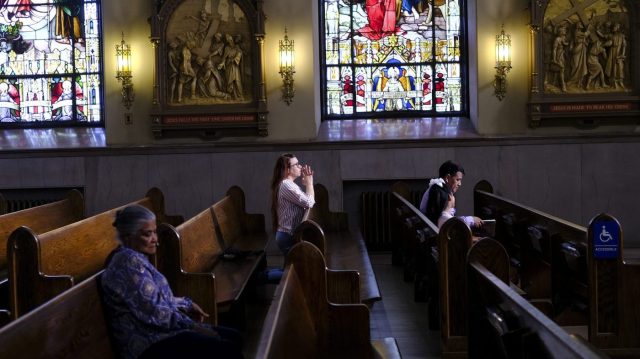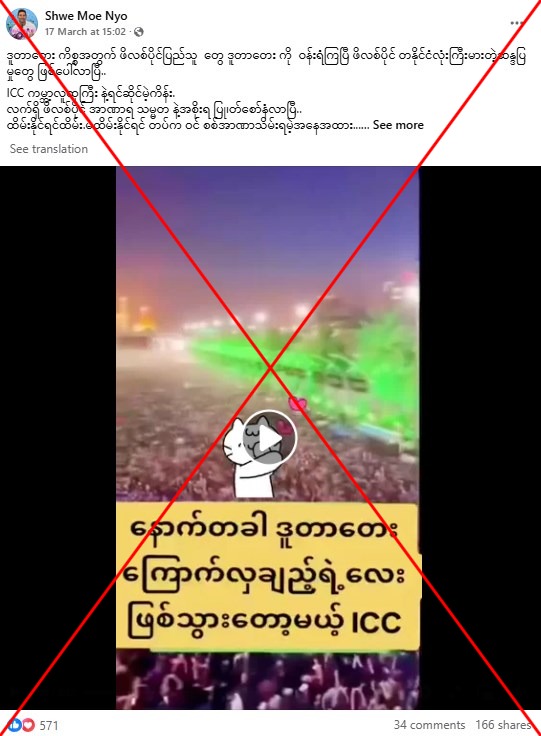Faith, Funding, and Freedom: Supreme Court's Charter School Showdown
Religion
2025-03-25 10:00:00Content
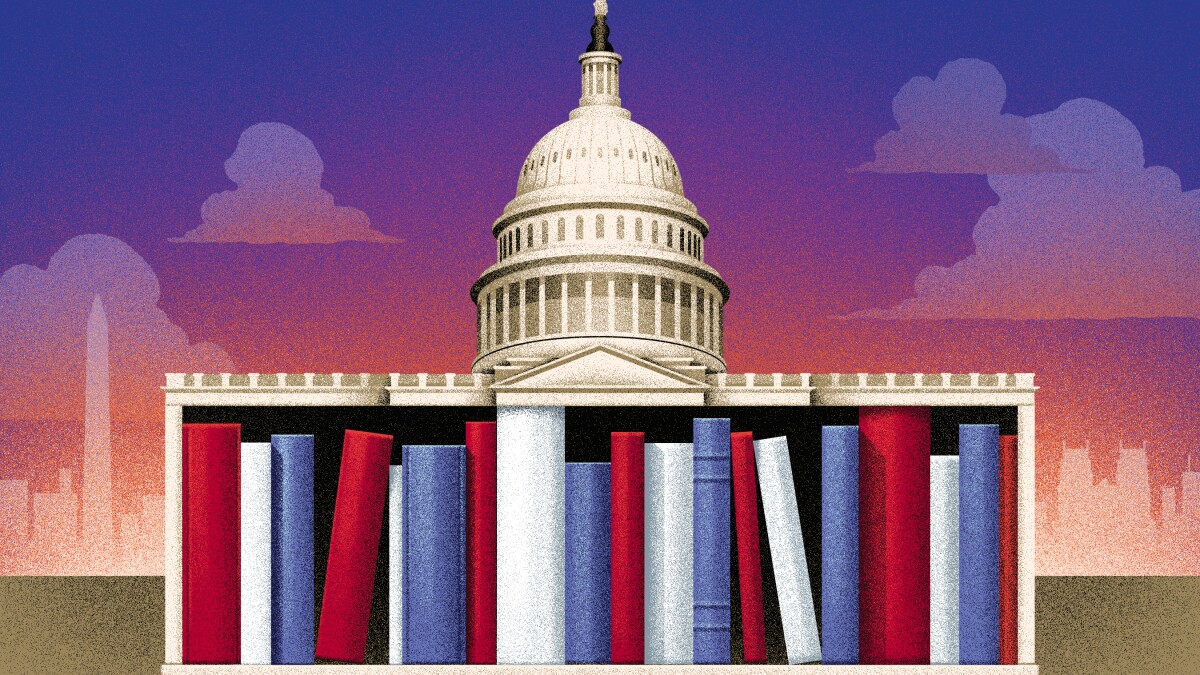
In a series of landmark rulings, the U.S. Supreme Court has signaled a potential constitutional challenge to state laws that prohibit faith-based organizations from operating charter schools. These recent decisions suggest that blanket bans on religious schools participating in charter school programs could be in direct violation of the Free Exercise Clause of the First Amendment.
The Court's evolving interpretation of religious freedom and educational equity has raised critical questions about discrimination against faith-based educational institutions. By consistently protecting religious organizations' rights to participate equally in public programs, the justices have laid groundwork for a more inclusive approach to educational funding and school choice.
Legal experts argue that excluding religious schools from charter school programs may constitute unconstitutional religious discrimination, effectively penalizing institutions solely based on their religious affiliation. The emerging judicial perspective emphasizes that religious organizations should have the same opportunities as secular entities to provide educational services.
These developments could potentially reshape the landscape of public education, challenging long-standing restrictions on faith-based school participation and opening new pathways for educational diversity and parental choice. As the legal debate continues, schools, policymakers, and communities are closely watching how these constitutional principles will be applied in practice.
Faith-Based Charter Schools: A Constitutional Crossroads in American Education
The intersection of religious freedom and public education has long been a contentious battleground in the United States, with recent Supreme Court decisions challenging traditional interpretations of the First Amendment's Establishment Clause and Free Exercise Clause. As the legal landscape evolves, educators, policymakers, and religious communities find themselves at a critical juncture that could fundamentally reshape the relationship between faith-based institutions and public schooling.Breaking Barriers: The Constitutional Challenge to Educational Exclusion
The Legal Foundations of Religious Expression in Education
The Supreme Court's recent jurisprudence has systematically dismantled long-standing barriers preventing religious organizations from participating in public educational frameworks. Constitutional scholars argue that previous interpretations of the Establishment Clause have inappropriately marginalized faith-based institutions, creating a discriminatory environment that contradicts the fundamental principles of religious freedom. Historically, educational policies have maintained a strict separation between religious institutions and public funding. However, recent landmark decisions suggest a paradigm shift, challenging the notion that religious organizations must be categorically excluded from educational opportunities. The Court's nuanced approach recognizes that blanket prohibitions against faith-based participation may themselves constitute a form of religious discrimination.Constitutional Implications and Judicial Reasoning
The emerging legal doctrine emphasizes that excluding faith-based entities from charter school participation potentially violates the Free Exercise Clause. Justices have increasingly recognized that neutrality requires equal treatment, not systematic exclusion. This perspective argues that religious organizations should have the same opportunities to establish and operate charter schools as secular institutions. Complex constitutional questions arise from this evolving interpretation. How can educational policies balance the principles of church-state separation while ensuring genuine religious neutrality? The Court's recent decisions suggest that outright bans on faith-based charter schools represent an unconstitutional burden on religious expression.Practical and Philosophical Dimensions of Religious Educational Freedom
The potential transformation extends beyond legal technicalities, touching fundamental questions about educational diversity and institutional pluralism. Faith-based charter schools could introduce alternative pedagogical approaches, potentially enriching the educational ecosystem with distinctive cultural and philosophical perspectives. Critics argue that such developments might compromise the secular nature of public education. Proponents, however, contend that genuine educational freedom requires embracing diverse institutional models, including those with religious foundations. The debate transcends simple binary oppositions, demanding nuanced understanding of constitutional principles and educational innovation.Nationwide Implications and Future Trajectories
As the Supreme Court continues to refine its stance, states will likely face increasing pressure to reevaluate existing restrictions on faith-based charter schools. This could trigger a nationwide reconfiguration of educational policy, challenging long-established institutional boundaries. The potential consequences are profound. Religious communities might gain unprecedented opportunities to participate directly in public educational infrastructure, while simultaneously challenging traditional interpretations of institutional separation. Each judicial decision incrementally reshapes the constitutional landscape, suggesting a dynamic and evolving understanding of religious freedom in educational contexts.Societal and Cultural Transformations
Beyond legal technicalities, these developments reflect broader societal negotiations about religious expression, institutional neutrality, and educational diversity. The emerging judicial perspective recognizes that genuine inclusivity requires moving beyond simplistic exclusionary frameworks. The conversation surrounding faith-based charter schools represents more than a legal debate—it is a profound exploration of how democratic societies can simultaneously protect religious liberty and maintain institutional neutrality. Each judicial decision contributes to a complex, evolving dialogue about the fundamental principles undergirding American constitutional democracy.RELATED NEWS
Religion

Breaking: Supreme Court Ruling Ends In-School Religious Instruction in Landmark Champaign Case
2025-03-08 10:00:39
Religion
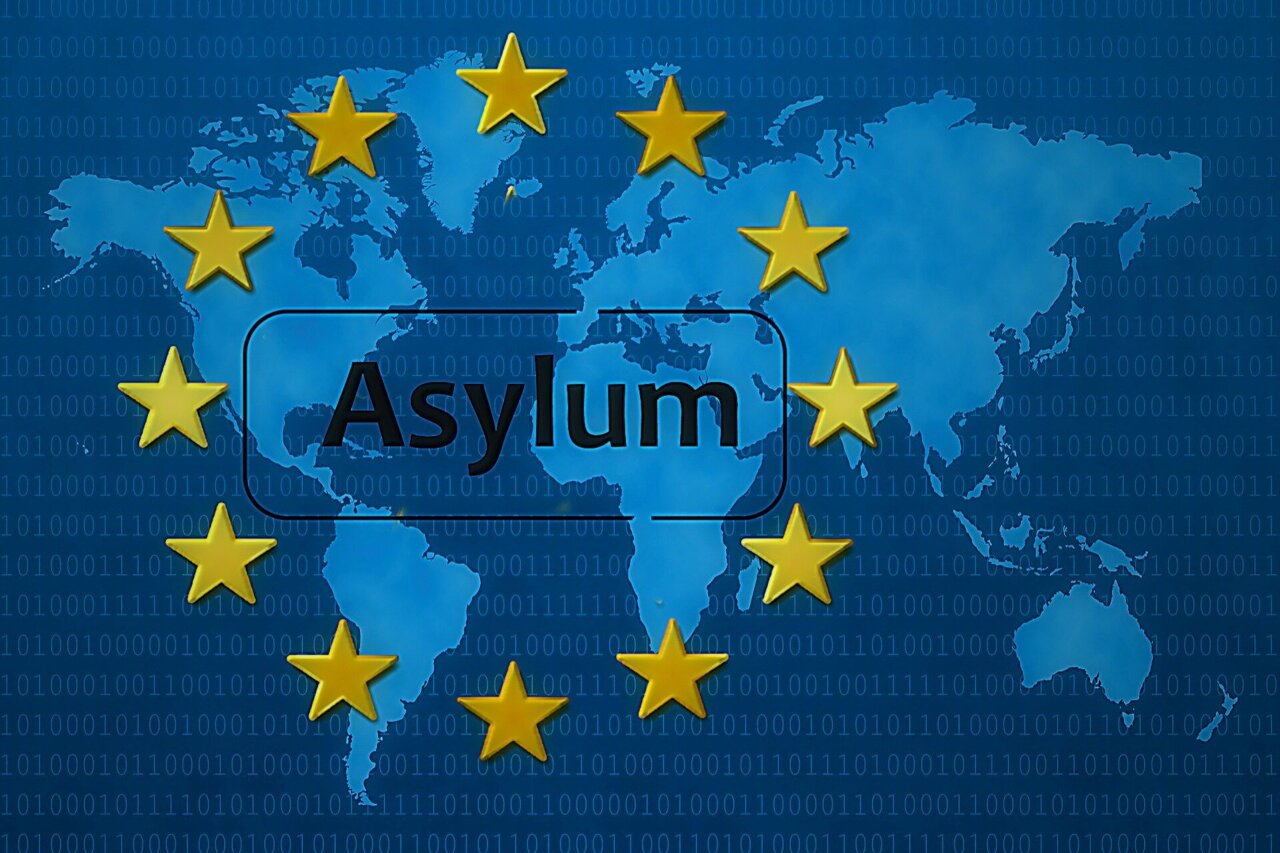
Between Faith and Identity: The Struggle of LGBTIQ+ Asylum Seekers in the UK
2025-05-01 14:06:03
Religion

Faith vs. School Policy: Teacher's Prayer Invite Sparks Religious Freedom Showdown
2025-04-25 19:42:56


